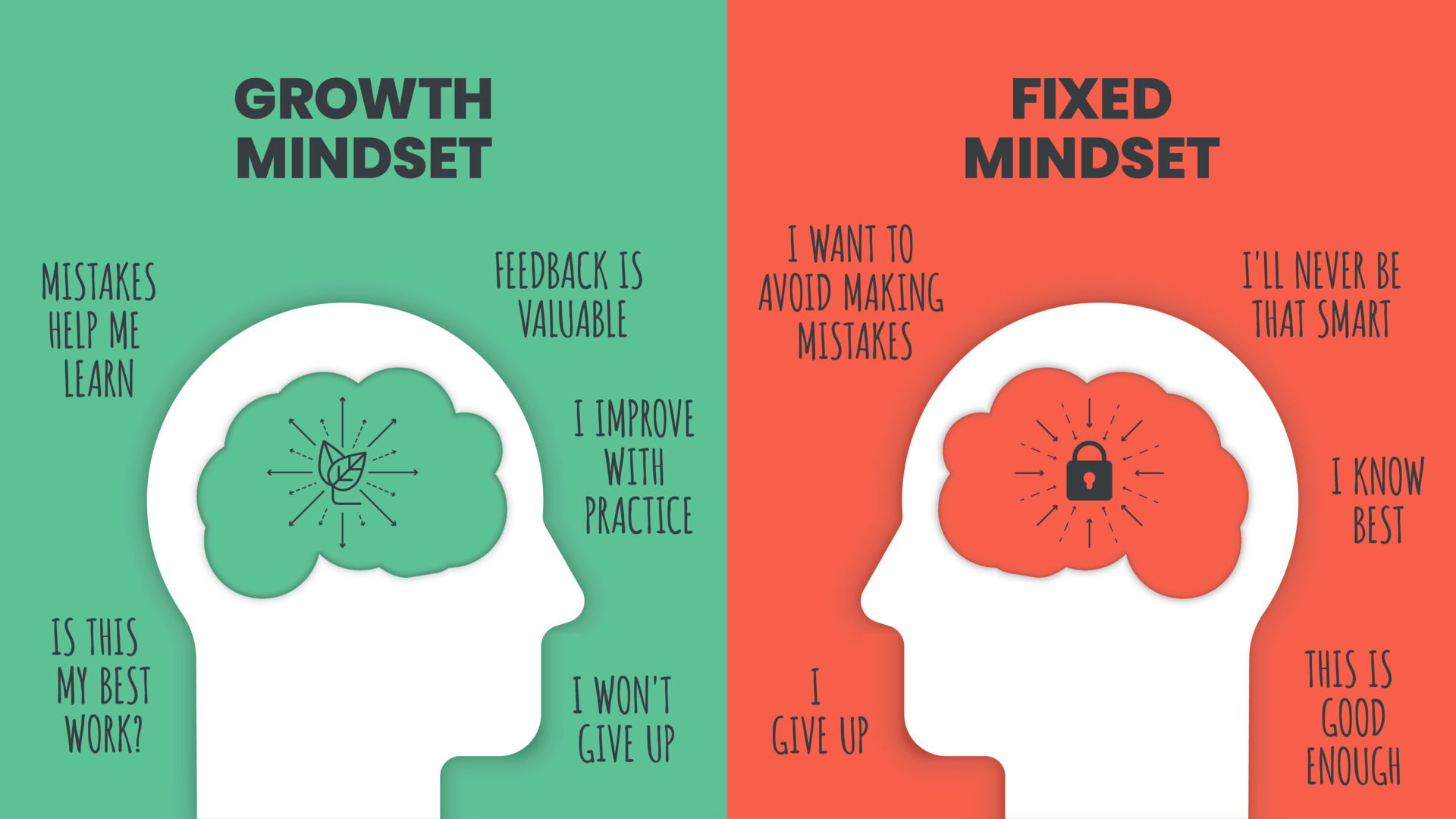Your mindset matters

Why Teaching Growth Mindset is the Game-Changer South African Classrooms Need
In a fast-changing world where jobs are evolving, information is expanding, and uncertainty is the new norm, our education system must do more than prepare learners for exams—it must prepare them for life. One of the most powerful tools at our disposal is the cultivation of a growth mindset in every learner. Popularised by psychologist Carol Dweck, the concept of a growth mindset is rooted in the belief that intelligence and ability are not fixed traits, but can be developed through effort, learning, and perseverance.
Why Growth Mindset Matters More Than Ever
At the heart of growth mindset is the idea of lifelong learning—a skill that has become non-negotiable in the 21st century. Learners who adopt this mindset understand that learning is a journey, not a race. They don’t crumble in the face of failure but use it as feedback for improvement. In South Africa, where learners often face not just academic but also socio-economic challenges, instilling a growth mindset can make the difference between resilience and resignation.A key benefit of a growth mindset is that it fosters grit—the ability to stay committed to long-term goals despite setbacks. Whether a learner is struggling with algebra, essay writing, or learning in a crowded classroom with limited resources, grit keeps them going. But grit cannot flourish in a mind that believes failure is a sign of stupidity or inadequacy. It grows in a mind that sees failure as a stepping stone to mastery.
The Power of Delayed Gratification
Teaching a growth mindset also trains learners in the art of delayed gratification. In a world obsessed with instant results, this ability is rare and precious. Learners with a growth mindset are more likely to delay rewards, knowing that deep understanding takes time. They are more willing to revise a topic multiple times, seek help, and push themselves beyond comfort zones—because they are motivated by mastery, not just marks.
Fixed vs. Growth Mindset: A Comparison
Let’s look at the difference between a fixed mindset and a growth mindset:
| Fixed Mindset | Growth Mindset |
|---|---|
| “I’m not good at maths.” | “I’m not good at maths yet.” |
| Avoids challenges to avoid failure | Embraces challenges as opportunities to grow |
| Gives up easily when tasks are hard | Perseveres through difficulty |
| Sees effort as pointless | Sees effort as the path to mastery |
| Feels threatened by others' success | Learns from others’ success |
| Says “I can’t do it” | Asks “How can I improve?” |
This comparison reveals a simple truth: mindset shapes outcomes. While talent matters, it is mindset that determines whether learners unlock that talent or let it go to waste.
Building Growth Mindset in South African Classrooms
Implementing growth mindset doesn’t require a fancy curriculum. It starts with how we speak to learners:
- Praise effort, strategy, and improvement—not just results.
- Share stories of famous inventors, athletes, and leaders who failed multiple times before succeeding.
- Use language that reinforces the idea of progress (“You’re improving!” instead of “You’re smart.”).
- Encourage learners to reflect on mistakes and set goals for the next attempt.
In South Africa, where learners often face difficult circumstances, growth mindset is more than a theory—it is a life skill. It empowers learners to rise above limitations, take control of their learning, and build the resilience needed to thrive. As educators, parents, and institutions, we must become the champions of this mindset. Because when our children believe they can grow, there is truly no limit to what they can achieve.
